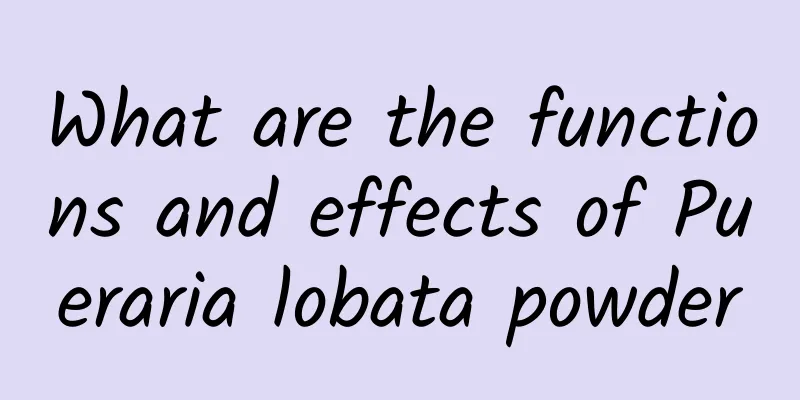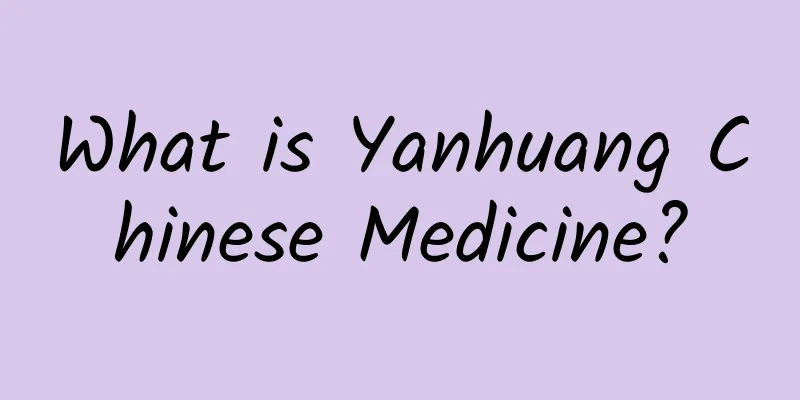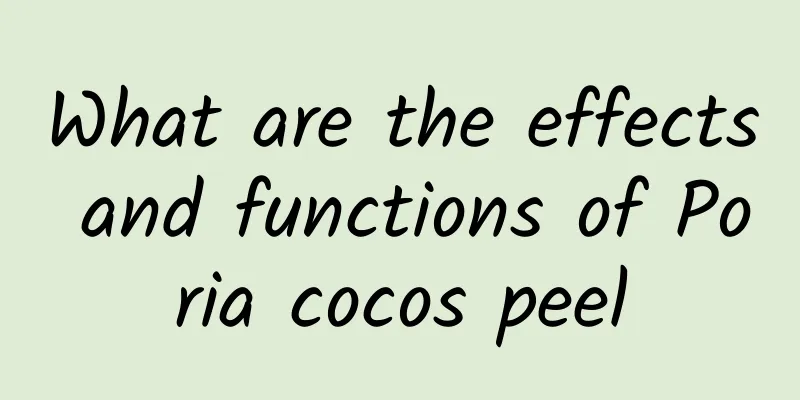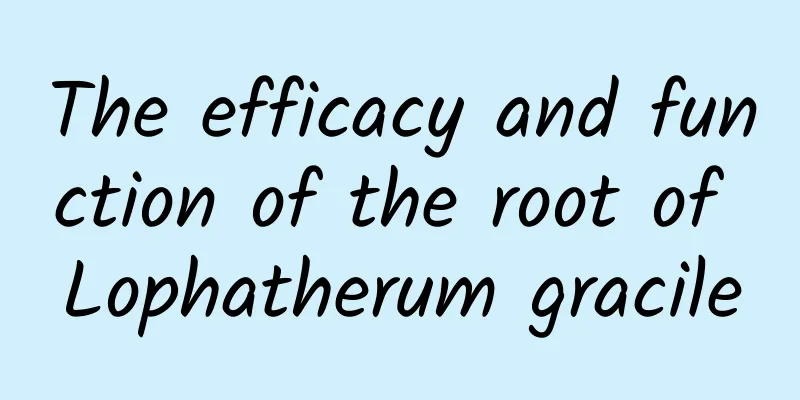The efficacy and function of inverted candles

|
The inverted candle is a famous traditional commonly used Chinese medicinal material in my country with a long history of application. Today we will learn about inverted candles. [Other names] Fairy candle (Flora of Guangzhou), ink column root, Zhangbiao (Handbook of Commonly Used Chinese Herbal Medicines of Guangzhou Army). [Source] It is the root or stem of the Apocynaceae plant. [Original form] A tree, about 5 to 12 meters high, with latex. Leaves are opposite; ovate to oblong-ovate, 8 to 12 cm long, gradually pointed at the apex, broadly cuneate at the base, and pubescent on both sides. The cyme is 5-8 cm long; the calyx is 5-lobed with glands inside; the corolla is pink with whitish or white, high-footed saucer-shaped, the tube is columnar, short, with 5 lobes, rectangular, about 1.5 cm long, the scales opposite the corolla lobes are about 8 mm long and 3-lobed, and the scales alternate with the lobes are about 6 mm long and 2-lobed; the stamens are born at the top of the corolla tube, protruding, surrounding the style; there are 2 carpels, and the style is linear. The follicles are cylindrical, 10 to 20 cm long and 1 to 1.5 cm in diameter. The seeds are linear with abundant white hairs. Flowering period is June. [Habitat distribution] Grown in mountains or cultivated in gardens. Distributed in Guangdong, Guangxi and other places. 【Chemical composition】 The roots contain amino acids, organic acids and sugars. [Pharmacological action] The liquid extract of the root of Pennisetum rotundum has no expectorant or antitussive effect on mice. Its decoction was tested for in vitro antibacterial effects and had no inhibitory effect on common respiratory bacteria. 【Nature and flavor】 ① "Compendium of Materia Medica": "Light, neutral." 【Functions and indications】 ①《Shengcao Xing Bei Yao》: "Root: boiled in wine to treat bruises. Flower (seed hair): treats knife wounds." [Usage and Dosage] For oral administration; decoct in water, 1 to 2 liang. [Clinical application] Treatment of chronic bronchitis: Take 2 liang of the root of the Pennisetum rotundum, add water and boil it into 40 ml, add sugar and take it twice after meals. One course of treatment is 10 days. Clinical observation of dozens of cases has shown that it has expectorant and antitussive effects. However, the drug causes side effects such as nausea, vomiting, and dizziness; it has no significant effect on blood pressure, heart, liver function, urine routine, or white blood cells. 【Excerpt】 《*Dictionary》 [Source] From "Essentials of the Nature of Raw Herbs" Although inverted candles have many magical effects, they cannot be eaten casually. We need to use the medicine according to the user's own situation. I hope everyone will not take it indiscriminately to avoid unnecessary consequences. |
<<: The efficacy and function of Radix Glehniae
>>: The efficacy and function of Huosuo Ma
Recommend
Revealed! The college entrance examination papers were printed in prison? What did they go through to get to you?
Experts in this article: Yang Chao, PhD in Chemis...
I got on a Spring Festival travel train that distorted time and space?!
1 Strange things happened on the train A while ag...
Hot search! Quan Hongchan: Spend half an hour tying bandages before diving! What are bandages for?
Review expert: Wang Xuejiang, professor of pathop...
The efficacy and function of eye grass
As a traditional Chinese medicine, eye grass has ...
Let lightning generate electricity? Lightning only provides enough electricity for the world for 9 days a year...
Nowadays, our lives are inseparable from electric...
Does licorice cause internal heat?
Licorice is a very common thing in normal times. ...
Can picking your ears actually cause tumors? You should learn these two points as soon as possible
Have you ever noticed that some people often pick...
Liver-protecting herbal tea
The human liver is often prone to disease problem...
The efficacy and function of Xiao Yibizhua
As a traditional Chinese medicine, Xiao Yibazhao ...
The efficacy and function of black tiger seven
The essence of traditional Chinese medicine is to...
The beautiful Rudina chicken is actually an expert in egg production
Recently, a blogger shared his daily life of rais...
The efficacy and function of chicken crop root
Most Chinese medicinal materials have good effect...
China’s silver shortage is very serious!
In the eyes of modern people, "bank" is...
What Chinese medicine is effective in replenishing kidney yin deficiency?
The severity of kidney deficiency is related to a...
Is the smell of mugwort harmful to the body?
Mugwort is a very common plant. It is a tradition...






![[Creative Cultivation Program] How dirty are your mobile phone, remote control, and bed sheets? They are like a garbage dump!](/upload/images/67f0e5fcda06e.webp)


